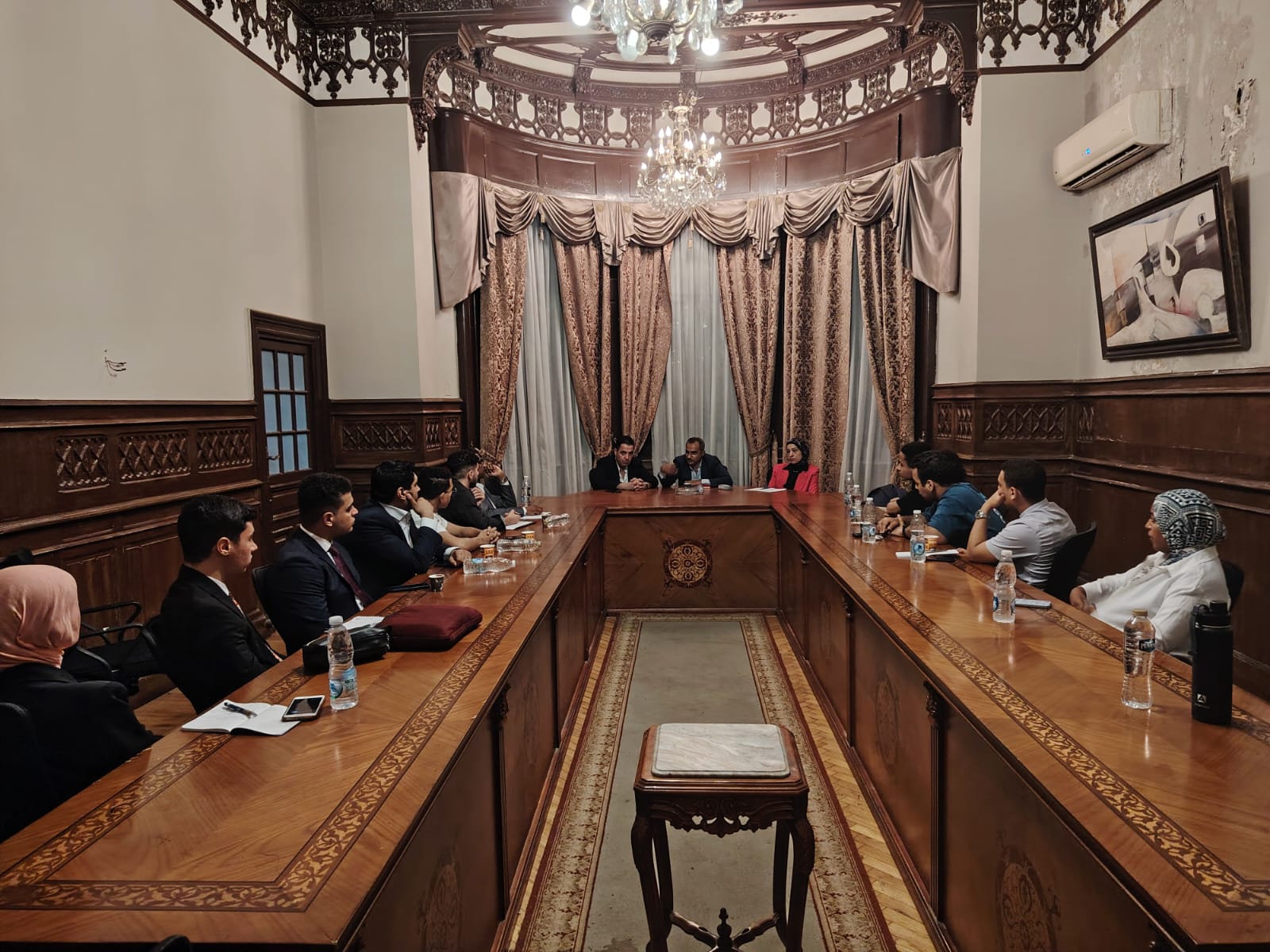Global Solidarity Talks” Marks International Day of South-South Solidarity with Cooperatives Dialogue

Cairo, Egypt – September 18, 2025
The Global Solidarity Network commemorated the International Day of South-South Solidarity with a special edition of its flagship program, Global Solidarity Talks, hosting a cultural salon titled “Cooperatives in the Global South.” The event aligned with the United Nations’ declaration of 2025 as the Year of Cooperatives, themed “Cooperatives: The United Voice of the Global South for a Sustainable Future.”
Delivering the keynote, Dr. Mohamed Abdel-Hakim Ibrahim, Chairman of the Social and Cooperative Economy Network for the Middle East and North Africa, explored the vital role of cooperatives in sustainable development. He emphasized that development must go beyond economic returns to include cultural, intellectual, and scientific progress.
“Can there be an economy that is more closely tied to humanity?” Dr. Abdel-Hakim asked, introducing the concept of the Social and Cooperative Economy, which prioritizes meeting human, social, and environmental needs over maximum profit.
He outlined how cooperatives — including agricultural, worker, and housing models — can reduce inequalities, create jobs, and drive sustainable development.
Dr. Abdel-Hakim also traced the origins of the cooperative movement to the Industrial Revolution, describing it as a direct human response to the exploitation and poverty caused by early capitalism. He highlighted key cooperative principles such as democratic control, member participation, and concern for community, calling them a “roadmap” for sustainable economic entities.
Panel commentator Dr. Mohamed Sayaf, Senior Researcher at the Agricultural Economics Research Institute, discussed Egypt’s cooperative model, which has benefited nearly 12.5 million people through agricultural and consumer cooperatives. He also cited global examples, including Tanzania’s cooperative-based development success in the 1960s and 1970s, and urged strong cooperative legislation for long-term impact.
In her remarks, Dr. Sally Saad, PR consultant and lecturer, championed the creation of media cooperatives across the Global South to amplify local voices and bridge global media gaps.
“Media cooperatives can be the unified voice of the Global South,” she said, highlighting their potential to produce original content, share expertise, and challenge external narratives.
Dr. Saad cited the African Climate Journalists Network (ACJN) as a model for collaborative media efforts on climate issues.
Researcher Hassan Ghazaly, founder of the Global Solidarity Network, reaffirmed the organization’s mission of consolidating joint action across multiple initiatives, including the African Union Simulation Model, Afro-Media Initiative, and the Global South Solidarity School.
The salon concluded with an interactive Q&A session where participants shared cooperative experiences from across the Global South, followed by a recognition ceremony honoring Dr. Abdel-Hakim Ibrahim.
